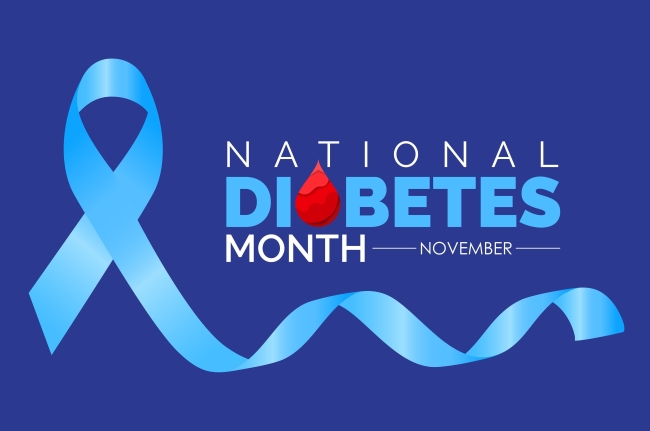
by Healthcare Educators Team
To create awareness about the disease and its impact on millions of Americans, November is National Diabetes Month. Diabetes is a chronic condition that can worsen over time and, if not diagnosed and treated, cause serious health problems, such as heart disease,...

by Healthcare Educators Team
The number of Medicare beneficiaries who choose to enroll in Medicare Advantage (MA) plans continues to increase. The Kaiser Family Foundation reports that, in 2023, 51% of eligible Medicare beneficiaries are enrolled in an MA plan. The average beneficiary has access...

by Healthcare Educators Team
October 15 through December 7 is Medicare’s Annual Enrollment Period (AEP), also known as fall open enrollment. This is the period when Medicare beneficiaries can make changes to their coverage for the coming year. Understanding the different Medicare plan options can...

by Healthcare Educators Team
October 15 through December 7 is Medicare’s Annual Enrollment Period (AEP), also known as Fall Open Enrollment. During this period, Medicare beneficiaries make important decisions about whether they should change to their Medicare coverage for the coming year. During...

by Healthcare Educators Team
What happens if you decide you want to change your Medicare Supplement plan? Maybe it’s become too expensive or perhaps your circumstances have changed and your plan is no longer a good fit. Or maybe you would like to switch from a Medicare Advantage plan to Original...

by Healthcare Educators Team
CMS reports that an estimated 117 million adults have one or more chronic health conditions and 25% of adults have two or more chronic health conditions. To help Medicare beneficiaries who fall into these groups achieve better health outcomes, Medicare offers Special...







